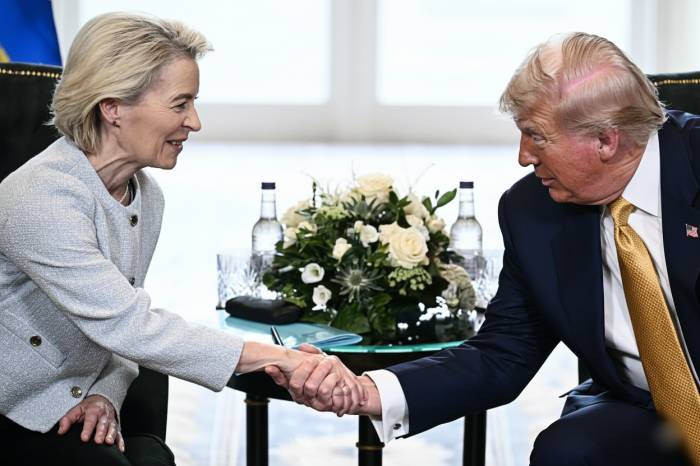EU Pushes for Tariff Relief on Wine, Spirits and Steel After US Lowers Car Duties
Negotiations continue as European producers seek exemptions and quota systems amid ongoing trade tensions between Brussels and Washington
2025-09-25

The European Union is still seeking an exemption from U.S. tariffs on its wines and spirits, as well as a duty-free quota system for steel exports. This was confirmed by the European Commission on Thursday, following the official announcement from Washington of reduced tariffs on European automobiles. A spokesperson for the Commission stated that securing a tariff exemption for European wines and spirits remains a priority, but did not specify when negotiations might conclude.
The request for relief from U.S. tariffs on wines and spirits is particularly strong in France and Italy, two of the EU’s largest producers. The Commission is also working to establish an import quota system for European steel that would not be subject to the 50% tax currently imposed by Washington.
The Commission expressed satisfaction with recent progress after a meeting in New York between Commission President Ursula von der Leyen and former President Donald Trump. According to Olof Gill, a spokesperson for the Commission, the U.S. government has taken steps to implement commitments made in a trade agreement reached this summer between the United States and the EU. One of the key outcomes is the reduction of tariffs on European cars, which now applies retroactively from August 1.
This change follows months of difficult negotiations between Brussels and Washington. At the end of July, both sides reached a trade agreement that set a 15% surcharge on European products entering the United States. This rate is higher than before Trump’s return to office but lower than what he had previously threatened. The new rate also applies to imported European cars, which since April had faced a 25% surcharge in addition to existing 2.5% duties.
The reduction in car tariffs comes as a relief to automakers, especially German brands that export significant volumes to the U.S. These companies had been waiting for concrete action after months of uncertainty. The retroactive application of the lower tariff from August 1 was made possible by the EU’s introduction of legislation to reduce its own customs duties on American products.
While progress has been made in the automotive sector, talks continue over other goods such as wine, spirits, and steel. The EU maintains that removing these tariffs is essential for its producers and exporters, and negotiations are ongoing with no clear timeline for resolution.
Founded in 2007, Vinetur® is a registered trademark of VGSC S.L. with a long history in the wine industry.
VGSC, S.L. with VAT number B70255591 is a spanish company legally registered in the Commercial Register of the city of Santiago de Compostela, with registration number: Bulletin 181, Reference 356049 in Volume 13, Page 107, Section 6, Sheet 45028, Entry 2.
Email: [email protected]
Headquarters and offices located in Vilagarcia de Arousa, Spain.